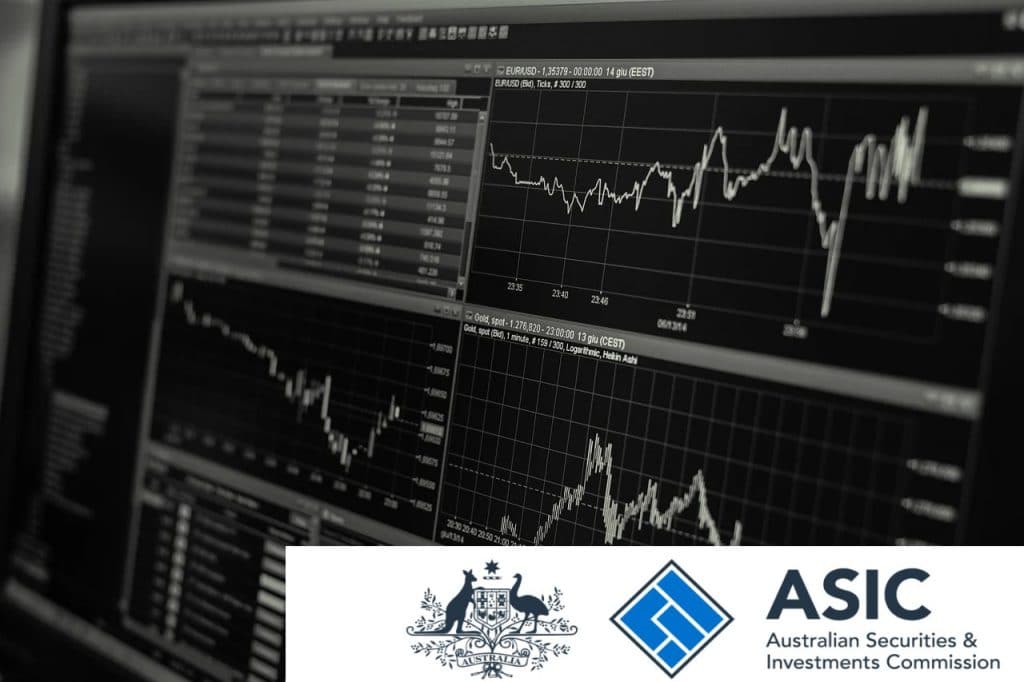Forex brokers regulated by Australian Securities and Investments Commission (ASIC) must adhere to strict licensing requirements. It is one of the toughest financial regulatory authority in the industry. There are many requirements that they have to meet such as: financial sustainability, safe trading environment, operational standards etc.. In case of insolvency, they must be able to provide credit to the general public. Traders funds have to be kept in a segregated account in one of the biggest banks in Australia. The Australian Securities and Investments Commission regulates credit services, financial services providers and financial markets.
Top ASIC-Regulated Forex Trading Platforms
Below are the top online brokers regulated by ASIC:
- Plus500 – Trustworthy and ASIC-Regulated CFD Forex Broker
- AvaTrade – Great ASIC Regulated Broker
- FP Markets – ASIC Regulated Broker with ECN Pricing
- CMC Markets – Wide Range of Currency Pairs
- Saxo Bank – Good for Exotic Currency Pairs
- City Index – Great Research Available
ASIC Regulated brokers offer a high level of security, while some of the EU or US restrictions do not apply. Different leverage rules apply, scalping and hedging are allowed*. However, promotions and bonuses are still restricted.
*Check with your provider to see if they allow scalping/hedging
Due to the strict licencing requirements, regulated brokers are considered safe. Still, before picking one to trade with, you should consider factors like: fees, commissions, leverage, trading platform, customer service, minimum deposits, withdrawals, education… to name a few.
Plus500
- Regulated by: ASIC
- Minimum Deposit: $100
- Maximum Leverage: 1:30
- Platform: Proprietary
- Trading Desk Type: Market Maker
- Number of Currency Pairs: 70+
Read our Plus500 Review
“CFD Service. Your capital is at risk.“
| PROS | CONS |
|---|---|
| Publicly-traded company listed on the London Stock Exchange with more than ten years in the industry. | Research and educational materials available are fairly limited. |
| Low trading fees. | |
| User-friendly trading platform. | |
| Low minimum deposit is required to open an account. |
AvaTrade – Globally Regulated
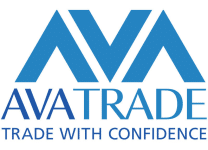
- Regulated by: ASIC, B.V.I., PFSA, FFAJ, FSCA, MiFID
- Minimum Deposit: $100
- Maximum Leverage: up to 1:400
- Platform: Proprietary
- Trading Desk Type: Broker
- Number of Currency Pairs: 50+
| PROS | CONS |
|---|---|
| Account opening is easy and straightforward | Inactivity fees are fairly high |
| Deposits and withdrawals are easy | |
| Research tools | |
| AvaTrade Go Mobile App |
FP Markets – Tight Forex Spreads
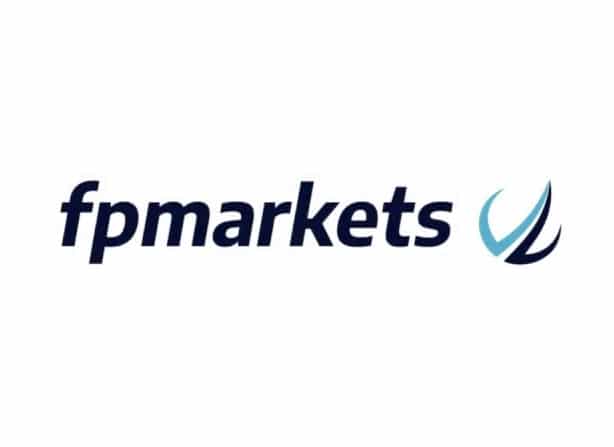
- Regulated by: ASIC
- Minimum Deposit: $200
- Maximum Leverage: up to 1:500
- Platform: MT4&MT5, Iress
- Trading Desk Type: Broker
- Number of Currency Pairs: 60+
Make sure you read the full review of FP Markets.
| PROS | CONS |
|---|---|
| Forex Fees are Low | No Fixed Spread Accounts |
| Account Opening is Fast and Easy | Trading Platform a bit Outdated |
| Deposits And Withdrawals Are Seamless | |
| Multiple Awards |
CMC Markets – Great Portfolio of Forex Pairs

- Regulated by: ASIC
- Minimum Deposit: $0
- Maximum Leverage: 1:30 up to 1:500
- Platform: Metatrader
- Trading Desk Type: Broker
- Number of Currency Pairs: 180
| PROS | CONS |
|---|---|
| Low Forex Fees | CFD offering could be better |
| Mobile Trading Platform | No Automated Trading |
| Web Trading Platforms | CFD fees are high for some Indices |
| Research Tools | |
| Education Tools |
Saxo Markets – Great Portfolio of Forex Pairs
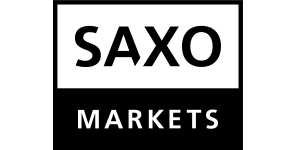
- Regulated by: ASIC
- Minimum Deposit: $200
- Maximum Leverage: up to 1:500
- Platform: MT4&MT5, Iress
- Trading Desk Type: Broker
- Number of Currency Pairs: 60+
City Index – Great Research Materials
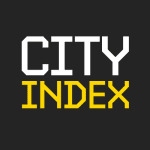
- Regulated by: ASIC, FCA, MAS
- Minimum Deposit: $100
- Maximum Leverage: up to 1:400
- Platform: Advantage Trader & MetaTrader
- Trading Desk Type: Broker
- Number of Currency Pairs: 60+
| PROS | CONS |
|---|---|
| Great Product Offering | No Margin Trading for Retail Accounts |
| Backtesting | Desktop Platform |
| Research Tools |
>> Want to Trade Forex? Check out our guide on forex brokers with low spreads.
What is the Australian Securities and Investment Commission?
ASIC was founded in 1998 to replace its predecessor – the Australian Securities Commission (ASC) – after being granted with more far-reaching powers that include overseeing the offering of superannuation, insurance, banking, and financial products to consumers in Australia. It primarily deals with three segments of the financial markets: financial services, consumer credit, and markets.
Financial services: The commission is in charge of licensing and monitoring the financial service sector in Australia including investment funds, superannuation providers, share issuers, insurers, and the financial derivatives market.
Consumer credit: They regulate the activities of banks, mortgage providers, and credit unions in the country and they are in charge of issuing licenses for these institutions while also enforcing the laws related to lending and other similar practices.
Markets: ASIC monitors the activities of the country's financial markets and financial institutions such as stock exchanges and market-maker entities. They oversee trading activities and brokers registered and operating in the country, issuing licenses to companies seeking to provide their services in Australia.
The Commission acts following the Australian Securities and Investments Commission Act of 2001.
Some of their key roles are:
- Oversee the performance and stability of the country's financial system.
- Administer the country's financial law by effectively reducing procedural bureaucracy.
- Gather, organize, report, and maintain proper records on the activities the organization monitors.
- Release information to the public about the organizations it oversees for the benefit of the system and as soon as it is practical.
- Take preventive and corrective action to maintain the stability of the financial system.
The commission is integrated by three to eight members who are responsible for overseeing its activities and their organizational structure includes various key departments such as:
- Supervision Group – oversees corporate governance affairs.
- Financial Services – oversees credit, retail, and banking payments along with the insurance industry.
- Markets – oversees the market's infrastructure, financial reporting, and auditing matters.
- Wealth Management – oversees financial advisors, investment managers, and superannuation providers.
- Financial Services Enforcement – conducts investigations and proceedings related to financial law breaches.
- Markets Enforcement – conducts and oversees market misconduct investigations.
- Assessment & Intelligence – oversees licensing procedures and misconduct reporting procedures.
- Registry – oversees the process of registering with them.
- Strategy – develops policies, consumer education materials, data analytics, research, and other similar tasks for the commission.
As of July 2020, James Shipton is the Chairman, while the commission's Chief Financial Officer is Maria Moore (acting), and its Chief Risk Officer is Zack Gurdon.
Forex Trading In Australia
Forex trading is an activity that consists of speculating with foreign currency pairs.
A currency pair tracks the value of one currency relative to another. For example, the GBP/USD pair tracks the value of the pound sterling – UK's official fiat currency – versus the US dollar – the official currency of the United States.
Traders can either take long positions, which profit from upward price movements, or short positions, which benefit from downward price fluctuations, and these trading operations are commonly conducted by using leverage. Leveraged trades are very common in forex trading operations since relative price movements in forex pairs tend to be small, which reduces the chance of making sizable profits if your investment account has a small balance. However, using leverage also brings an additional risk for traders, as relatively small price movements can affect the value of the account significantly and the higher the leverage ratio, the most likely it is that any small fluctuation could end up triggering a margin call, which is a situation where the broker liquidates some of the trader's positions to offset the losses caused by unfavorable price movements.
Changes in the value of forex pairs are expressed in pips – the smallest unit of a forex pair value – or as a percentage and forex traders usually don't hold a position for longer than a day, which is the reason why some traders are called ‘day traders'. Additionally, there are also certain holding costs involved if traders maintain their positions for longer than a day.
The forex market is the biggest financial market in the world with nearly $6 trillion in daily trading volumes. The market is open 24/5 as various markets around the world – Asian, European, American – are opened at different hours. However, positions held after 5 pm EST will be considered as if they were held by one entire day and will be charged with the corresponding holding costs accordingly.
Forex traders can profit from anticipating fluctuations in the price of certain currency pair by either taking long or short positions and they can also use trade orders such as stop-loss orders to mitigate the risk of unfavorable price movements.
Forex pairs can be traded directly – spot currencies – or they can be traded via CFDs and some of the most common currency pairs are the EUR/USD, USD/JPY, GBP/USD, and USD/CFH.
Is forex trading legal in Australia?
Yes, forex trading is permitted in Australia. Brokers can either be regulated directly or they can also be granted permission to operate in the country even though they may not be licensed. Trustworthy companies are either regulated by ASIC or by at least one top-tier financial jurisdiction such as the UK, the United States, Singapore, or Japan. ASIC will usually grant them with the possibility of operating in the country as long as they abide by Australian financial laws.
On the other hand, traders in Australia should know that there are tax implications resulting from forex trading, especially for short-term capital gains derived from this activity.
What is a regulated Forex Trading Platform?
That means that the company is registered and authorized by financial regulators. To put it simply, it means they are safe and legit. They must comply with the all the rules of the financial regulator. Unregulated brokers are not compliant and the regulatory bodies don't oversee their activities.
Are unregulated brokers safe?
Unregulated brokers are common in the industry. That does not mean they are not safe or illegal. Regulated brokers are legally obliged to face consequences if they don't follow the rules.
How to open a Forex account if you live in Australia?
Opening an account should not take more than 24 hours. Most offer online registration. The process of verifying your identity may take longer depending on the trading platform you choose to work with. Brokers commonly require a minimum deposit to open an account. Some allow traders to open an account with no balance (minimum deposit).
The portfolio of Forex pairs offered varies. After you have opened your account, you can start taking positions in Forex pairs. You can use leverage on entering the trades. Leverage ratios are commonly expressed as a ratio – X:1 or 1:X. This means that for every dollar you have deposited into the account you can trade X number of dollars by using borrowed funds.
Risks of trading Forex
Forex trading is a risky activity and Australian traders should know that a significant percentage of investor accounts lose money by trading these financial products – whether that is done directly via spot currencies or by using CFDs.
You can lose money due to unfavorable price movements and especially if you fail to place a stop-loss order for your trades. There's a risk of liquidating some or all of your positions if your balance falls below the minimum maintenance margin.
Also, it is important to know that forex pairs are highly volatile, especially exotic pairs with low liquidity, and even with a stop-loss order in place, a trade can generate an unfavorable outcome if the broker fails to execute the order at the stop price due to slippage.
Conclusion
We hope you enjoyed this overview of the ASIC regulated firms for Forex trading. More information on the organization, regulation and regulated brokers can be found on the official websites.
Here is a recap of the top ASIC Brokers for 2024:
| Broker | Detail | Official Website |
|---|---|---|
| Plus500 | Great ASIC CFD Forex Broker | Visit Plus500 “CFD Service. Your capital is at risk.” |
| AvaTrade | Comes in Close Second Place | Visit AvaTrade |
| FP Markets | Best Education and Daily Analysis | Visit FP Markets |
| CMC Markets | Wide Range of Currency Pairs | Visit CMC Markets |
| Saxo Bank | Good for Exotic Currency Pairs | Visit Saxo Bank |
| City Index | Great Research Available | Visit City Index |
